Ever since I was a kid, my parents have been telling me that soup is the most important meal of the day and an essential part of a healthy diet. Is this true? Why is soup usually eaten for lunch and not for dinner or breakfast? At what time is better to eat the first dish to get the most benefit for the body? We answer all the questions together with nutritiologist Lidia Kvashnina.

nutriciologist
Soup does not have to be in your diet, but do not be in a hurry to exclude it. This dish will allow you to diversify your diet. However, not all soups are equally useful.
Refueling soup, otherwise classic
Example: borscht, shchi, rassolnik, solyanka, soup.
The benefits of soup largely depends on the technology of preparation and choice of ingredients. For example, fish – strengthens bones and restores strength, chicken – acts as a preventive agent against diseases, improves digestion.
Borscht or shields – a great opportunity to enrich the diet with vegetables and meat, and yourself – macro- and microelements. The variety of components in the soup helps to balance the diet.
In the cold season, dressing soups stimulate blood circulation and quickly warm up, filling the body with warmth and energy. In addition, the soup maintains water-salt balance, which has a positive effect on blood pressure levels. And also – it is well digested and gives a feeling of satiety.
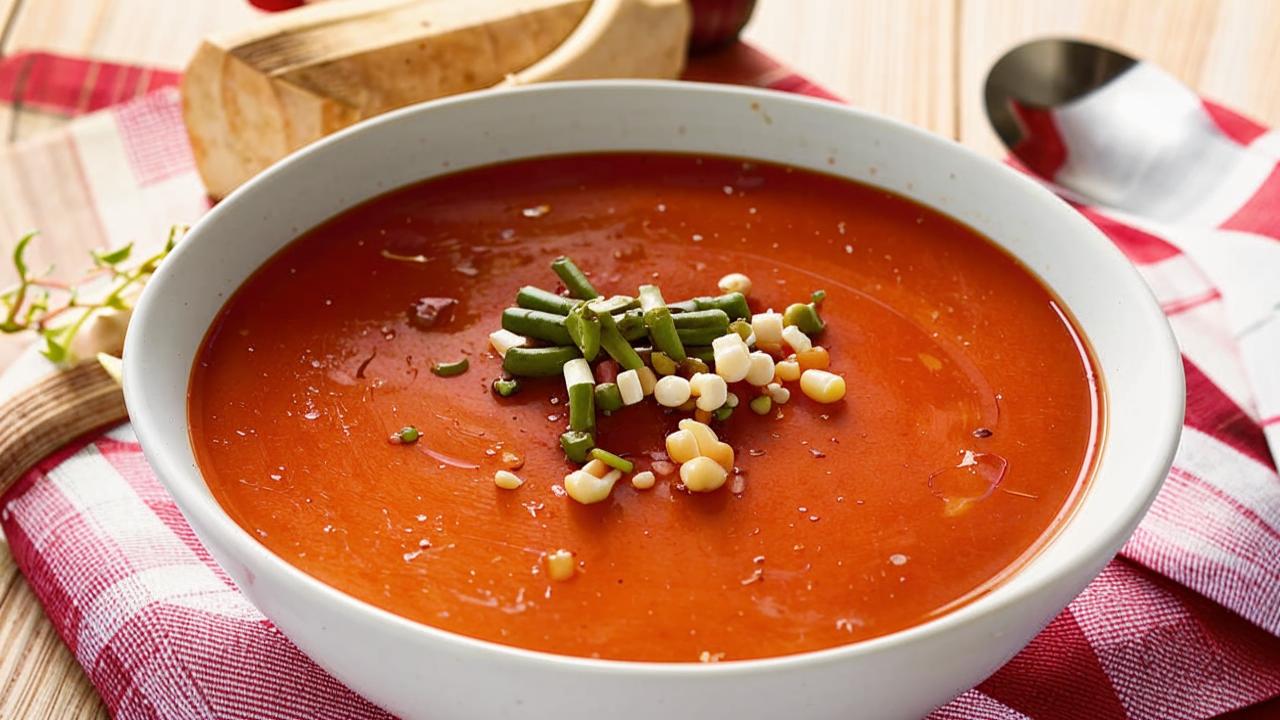
Refill soup is harmful if:
- it is too fatty. It is bad for the mucous membranes of the stomach;
- it’s too hot and spicy. This can lead to heartburn, as well as provoke inflammatory processes in the gastrointestinal tract.
There is a category of people who are not recommended to eat dressing soup. As a rule, these are people with GI diseases and cardiovascular problems.
When is it better to eat?

Nutriciologas
Lunch is the ideal meal for rich soups, because such soups contain complex carbohydrates, and they are best consumed in the afternoon.
Clear soup (broth)
Example: broths can be white (from poultry), yellow (from uncooked meat) and red (from roasted meat).
Transparent soups are recommended for use during recovery from illness or surgery. The most useful is considered chicken broth, which has a good effect on the nervous system, regulate cardiac activity and strengthen immunity. Beef broth is good for people with anemia and chronic gastritis. Broth helps to replenish the lack of fluid and energy in the body. Properly cooked broth is low-calorie, so it can be consumed by people watching the figure.
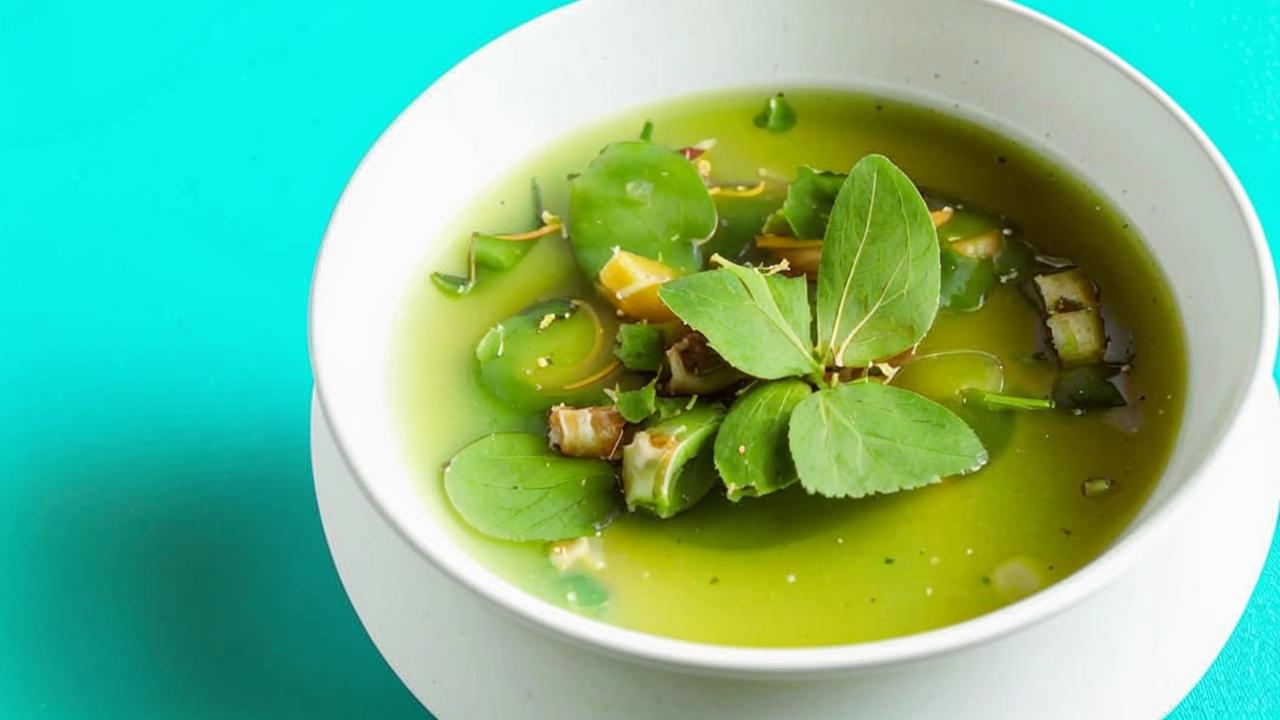
Dangerous substances present in meat (antibiotics, growth hormones used to raise animals), when boiled go into the broth, which is not good for health. By the way, the meat from which the broth is cooked, can be used for dietary nutrition for children and adults, as it is cleaned of chemical additives and excess fat. The more concentrated meat broth is, the more it overloads the digestive system and interferes with the work of the liver.
When is it better to eat?
Broth is the basis for a dressing soup. It is less rich and calorie-dense, so let’s ask our expert if you can eat broth outside of lunch.

Nutritionist
You can. Broth will be a good alternative to a sandwich for a snack.
The maximum benefit for the body is bone broth:
- it revitalizes the intestinal mucosa;
- rich in amino acids necessary for collagen synthesis and normalization of immune system function;
- contains hyaluronic acid, calcium, magnesium, phosphorus, silicon, sulfur;
- contains potassium and glycine, essential for detoxification.
Puree soup
Example: mushroom cream soup, cheese cream soup, broccoli puree soup.
Puree soups consist of half water, thanks to which we saturate the body with liquid. The dish contains essential proteins, fats, carbohydrates, as well as vitamins. The main rule – do not overcook vegetables, then the useful substances will not evaporate. In addition, vegetable soups contain fiber. Dietary fiber cleanses our intestines, removes toxins, accelerates metabolism. Soup is easily digested and reduces the load on the digestive system, which, on the one hand – a plus, and on the other – a minus (read below).
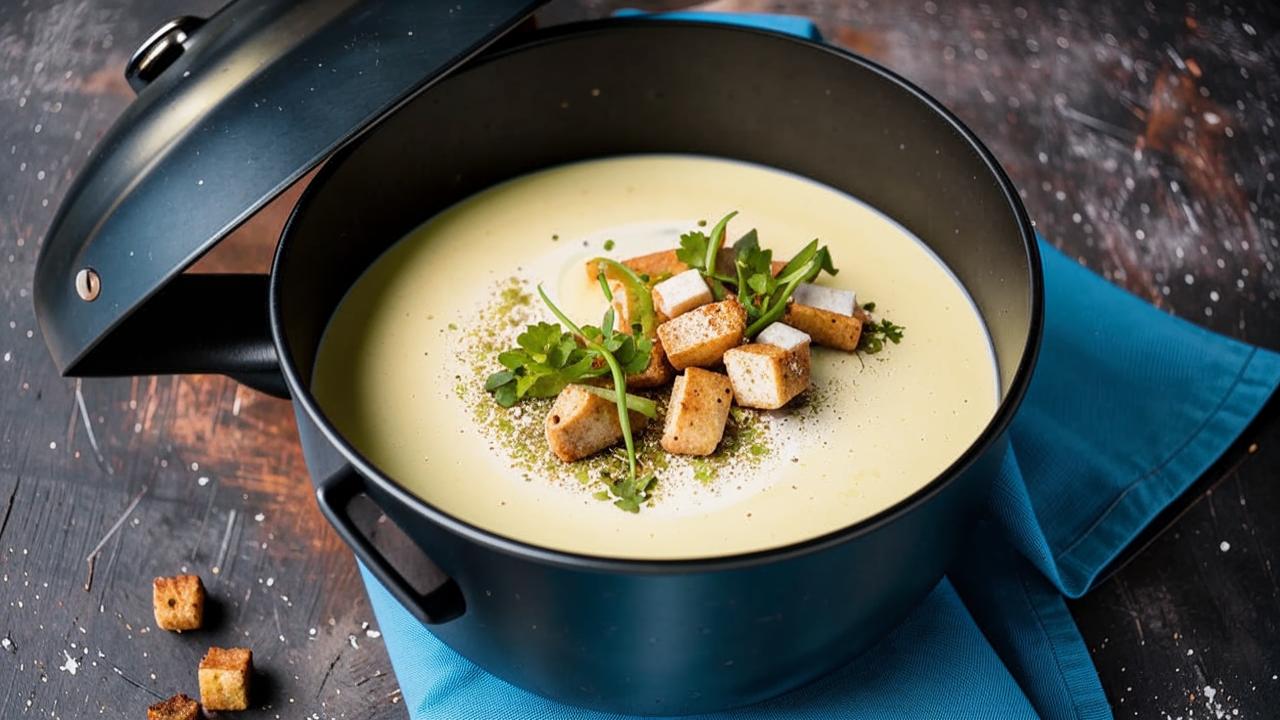
Puree soup is contraindicated for people with diabetes. Processed food has a high glycemic index, so it quickly raises glucose levels.
Puree soup is often recommended to include in the diet of people with GI problems, after surgery, small children because of their easy to digest structure. If you do not refer to any of the above categories, it is better not to include pureed soups in the daily menu, so as not to accustom the stomach to “lazy”.
When is it better to eat?

Nutriciologas
Puree soup can be consumed at different meals, depending on what is contained in its composition. If it is low in carbohydrates, but a lot of protein, healthy fats and fiber, it can be a great decoration of breakfast or dinner.
Cold soups
Examples: okroshka, beet, gazpacho.
Such soup is a good option to cool down in hot weather. Recipes for summer soups do not assume frying, which adds trans fats and calories to the finished dish. At the same time, the lack of heat treatment preserves the useful minerals and vitamins in the composition.
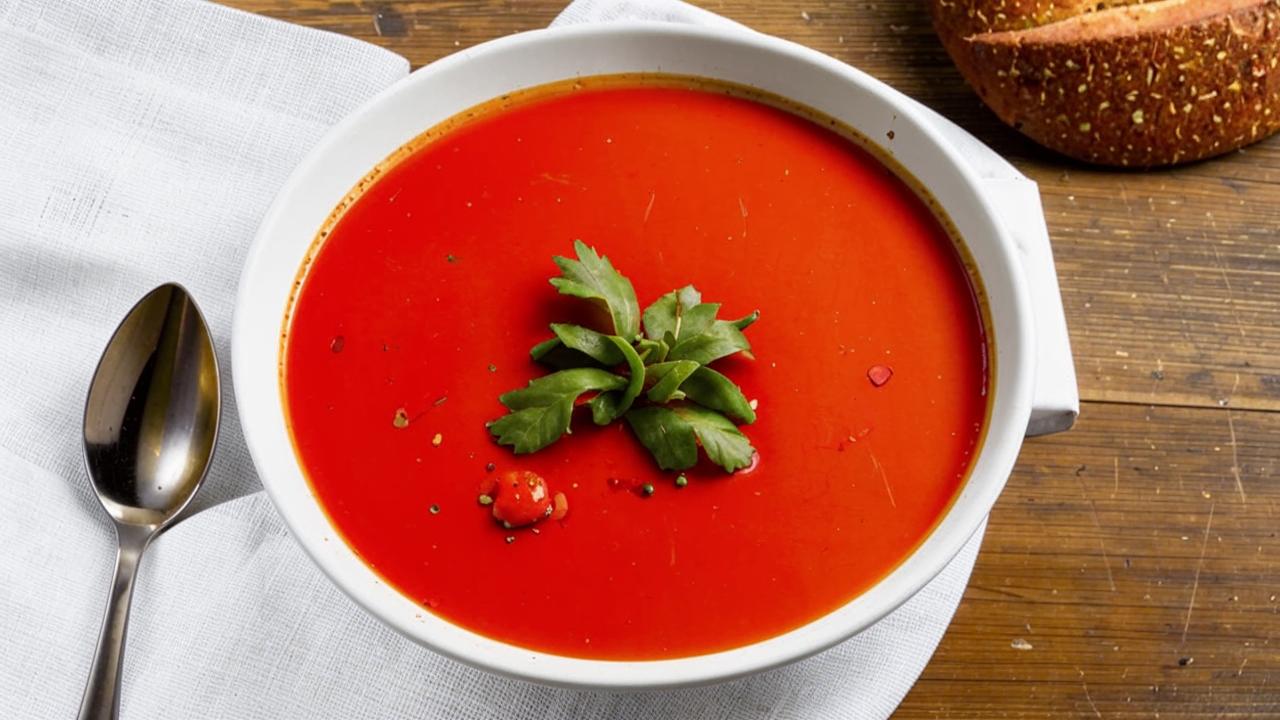
However, cold food can harm the digestive system. Foods below 12-15 degrees Celsius place increased stress on the gastrointestinal tract, slowing digestive processes and blocking the ability of digestive enzymes to break down food effectively. Be careful with the amount of spices. Consuming them in large quantities is also harmful to the GI tract.
When is it better to eat?

Nutriciologas
Cold soups are better to eat in the warm season, and in which meal depends on its composition. If the basis of the chilled soup is a vegetable puree with the addition of proteins and fats, then you can both for breakfast and lunch. If carbohydrates are present, then for lunch.
Milk soups
Example: vermicelli milk soup, milk zatiryukha.
Milk, which is the basis of the soup, contains all the useful and necessary for health proteins, fats, carbohydrates, vitamins (B, C, D) and trace elements (iodine, calcium, potassium). Good pasta contains vitamin PP, iron, manganese, copper. Milk soup is a good source of protein and complex carbohydrates. However, the soup is only good if you use milk from a proven cow that has been free-range fed fresh grass without stress and without the use of drugs and antibiotics.
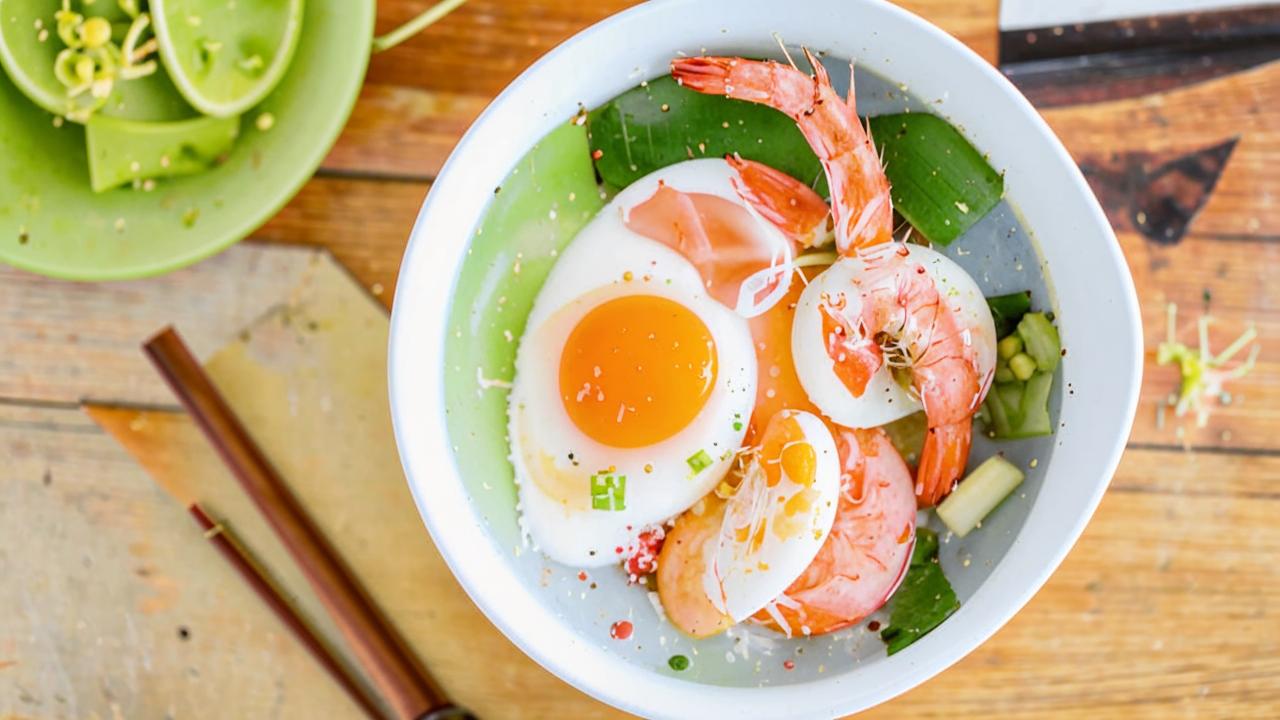
There is no definite opinion on whether milk soup is harmful. The only thing is that it is definitely contraindicated for people with lactose allergies. Let’s find out what Lydia thinks about it.

nutritionist
I am against soups with milk, because, firstly, most people with age, the activity of digestive enzyme – lactase – necessary for the breakdown of milk sugar – lactose – decreases. Secondly, the main protein of milk – casein – is directly related to the manifestations of allergies and autoimmune diseases. Third, milk from the store counter contains estrogens and almost no important vitamins.
When is it best to eat it?
Our expert recommends eating milk soup only if the base is almond, coconut or other plant milk. Such a soup, according to the principles already described, can be eaten for breakfast, lunch and dinner.
We hope that now you know all kinds of soups, what they are beneficial and most importantly – when it is better to eat them to get the maximum benefit without harming yourself.





